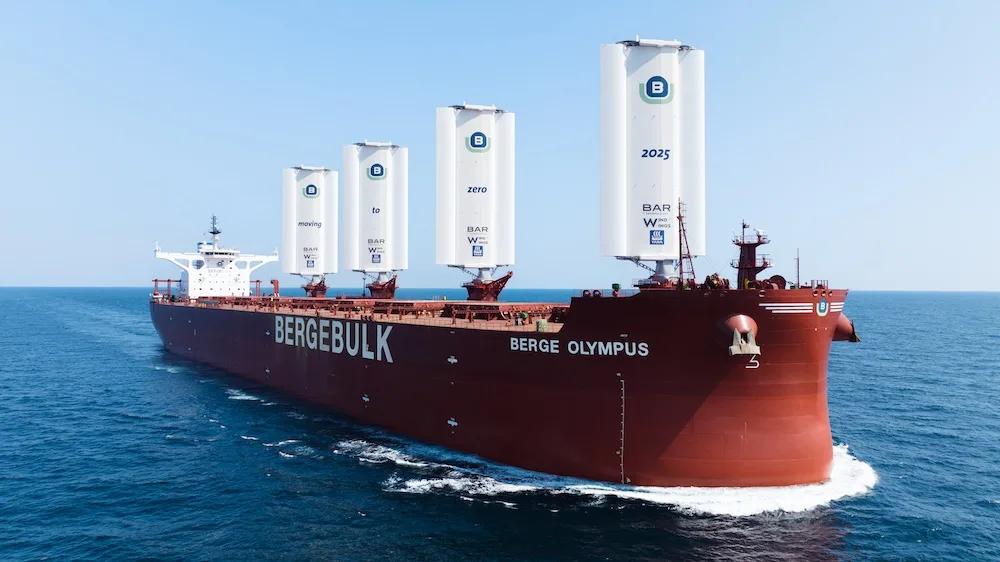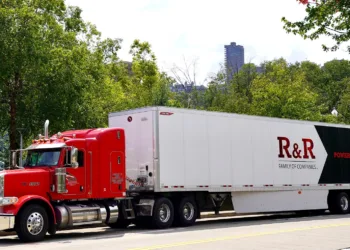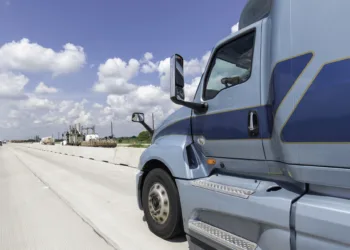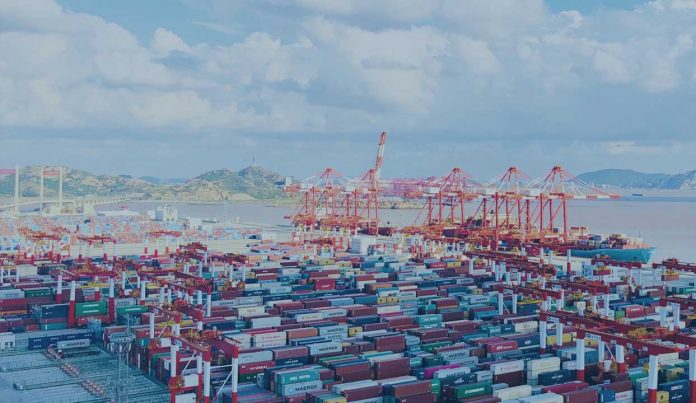A new 37-page report published today by vetting specialist RightShip makes clear the growing frustration among owners who invest in safer, greener operations yet see little commercial recognition for it, with just 27% of charterers polled saying they offer better terms for higher-performing vessels.
The study produced with maritime consultancy Thetius finds that while 73% of shipowners exceed safety compliance, 60% in sustainability, and 67% go beyond minimum standards on crew welfare, barely a quarter of charterers are willing to pay extra for these improved ships.
“Owners say pay me a premium for a greener vessel. Fine. But unfortunately, there is currently no global regulatory or commercial system in place for end customers to pay for the total lifecycle emissions, including shipping emissions. So, it becomes our problem,” Prashanth Athipar, head of maritime safety and technical at mining giant BHP, told the authors of the RightShip report.
Another charterer told RightShip that in fragmented trades, transactions often become purely financial rather than ESG discussions.
“The evidence points to a clear paradox,” the report noted. “While safety is universally acknowledged as non-negotiable, in practice, it acts more like a threshold than a differentiator. Once a vessel is deemed ‘safe enough,’ the balance of decision-making tips back toward cost and availability.”
This creates what RightShip described as a “recognition gap” for owners who have invested in advanced safety or risk-reduction technologies, but rarely see those efforts rewarded commercially.
“Owners who invest in advanced safety systems, risk-reduction technologies, or greener tonnage often see limited commercial recognition,” RightShip noted, going on to detail the potential consequences from this disconnect between owner and charterer.
“If shipowners consistently see little return from going above baseline, the rational choice for many will be to stick to minimum compliance. This risks creating a ‘race to the bottom,’ where commercial pressures suppress incentives to innovate or invest in higher standards,” RightShip warned.
“Ambition is not yet reaching the fixture desk,” said Christopher Saunders, chief maritime officer at RightShip. “Owners are investing in safer operations, lower emissions, and better crew welfare, but the signals charterers rely on are fragmented. Our report shows the path to fix this: agree on what good looks like, make the data decision-grade, and reward leadership with real commercial advantages.”






















